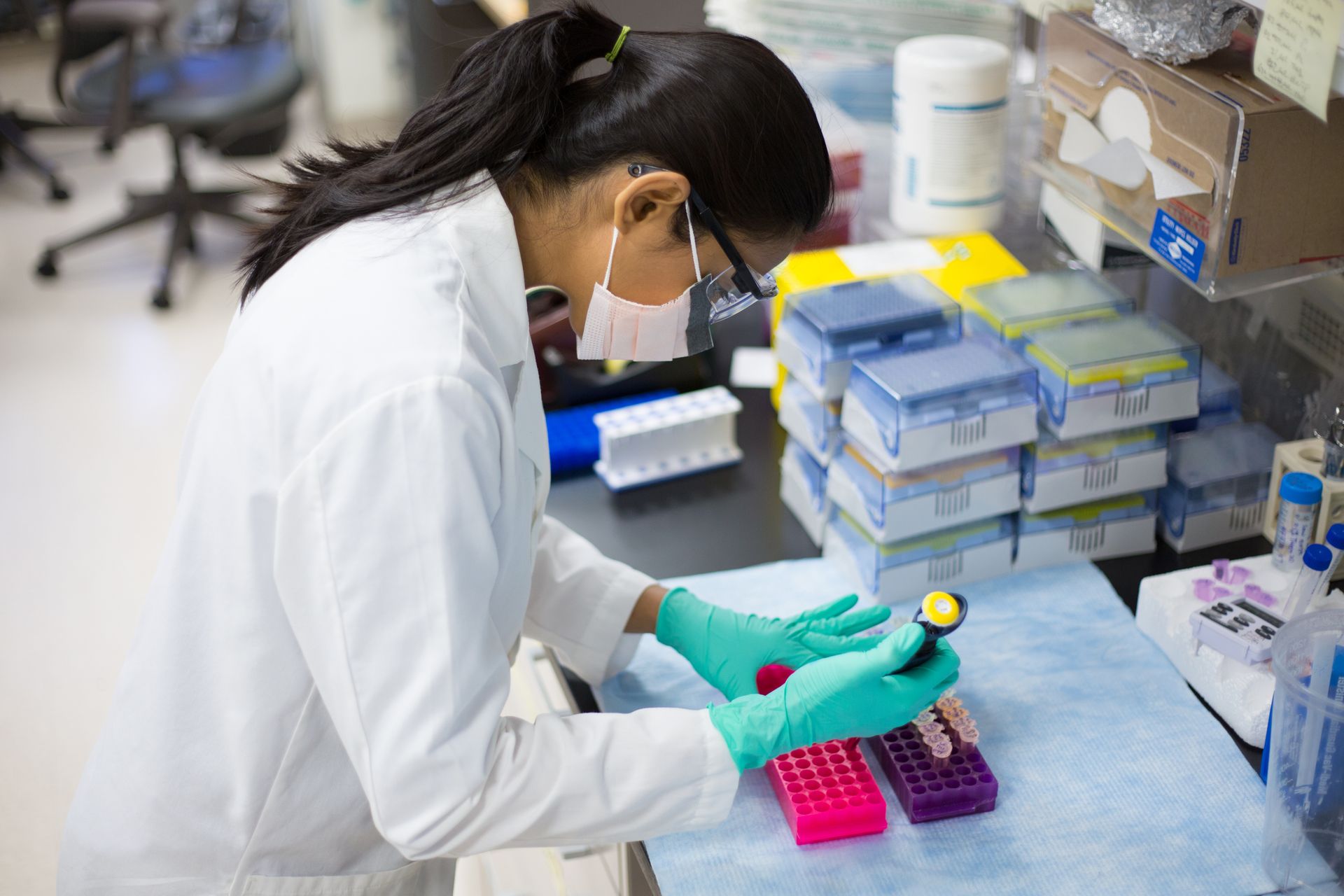What Are 4 Types of Quality Control?
What Are 4 Types of Quality Control?
Quality inspection is a critical process that is used in a variety of different industries, businesses, and organizations to evaluate and verify if products, materials, or services conform with the specified requirements that have been put in place.
Quality inspection is achieved through a variety of methods.
A quality control inspector, quality control associate, or quality control analyst is the person who measures, examines, gauges, and tests the product's characteristics to ensure it is correct before it goes out the door to the public.
This process ensures that products are safe for people to use or that medical procedures are safe and effective.
There is usually a pre-established checklist that a quality control inspector will follow that is based on the specifications of the industry in which they work. It is their role to inspect products or services to ensure they are fit for production, sold, or used in the public sphere.
Quality control inspectors are required to compile a sample report that will let their bosses know if products or services meet the requirements before they are released to the public.
Many industries need and depend upon quality control inspectors or associates to ensure that products or services meet the requirements that have been put in place for each of them.
Examples in which quality control inspectors are needed include the garment industry, the field of construction, the medical field, glassmaking, food service, milk production, and in the furniture-making business.
These are just a small sampling of industries that use quality control inspectors or associates to ensure that things are accomplished correctly and efficiently.
What are the Duties of a Quality Control Inspector?
A quality control inspector is responsible for ensuring that all products and services are of high quality and that they are produced in compliance with the regulations and standards that have been put in place.
A quality control inspector will inspect product quality standards, manufacturing processes, company policies, and other things to ensure products or services are up to par.
The duties of a quality inspector can vary depending on which industry the person is working in. Some of these duties can include:
Establishing high-quality standards for all services and products that a company produces.
Create rules for specific standards and then communicate them to the staff that needs to know them so that they can ensure quality levels are being met and maintained.
Work with all management-level people to ensure that standards and compliance are followed regarding all relevant regulations.
Create documents that clearly outline all of the standards so the employees can reference them when needed.
Perform quality inspection checks randomly on all products and services to be able to assess the level of quality of each.
Quality control inspectors will need to understand how to read blueprints.
Quality control inspectors must also monitor and observe operations to ensure that employees meet production standards.
What Are the Four Types of Quality Inspection?
There are four types of inspection when it comes to quality control. Below is a detailed list of each of those types.
Pre-Production Inspection (PPI)
The Pre-Production Inspection (PPI) is put in place to be conducted before the production process starts. It also helps to assess the quality and quantity of any raw materials or components being used and whether or not they conform to the relevant product specifications.
A Pre-Production Inspection is needed, especially when working with a new supplier. This is even more important if your product has a large contract and critical delivery dates.
This inspection can help to eliminate communication, or at least reduce it, between you and the supplier on issues that reference production timelines, quality expectations, and shipping dates.
During Production Inspection (DPI)
During Production Inspection (DPI), also known as DUPRO, is a quality control inspection that happens while a product is produced. This step is beneficial for products that are constantly in production and have very strict requirements that must be met.
It is also useful when production is done on a product in which quality issues have been found before the manufacturing process. Typically, this inspection occurs only when about 15 percent of the units are completed.
This is so that any deviations or discrepancies can be identified, and the feedback given to staff before too many products are produced incorrectly. This also helps weed out defects and allows time for the products to be rechecked to confirm they have been corrected before production continues.
This helps ensure that the products comply with specifications and reduces delays in products being produced or reworked.
Pre-Shipment Inspection (PSI)
When it comes to the quality control process, Pre-Shipment Inspections (PSI) are a very important step to take. This message is also used to check the quality of goods before they are shipped to customers.
This process ensures that production standards have been met and are in compliance with the buyer. This inspection process is conducted on finished products, or at least 80 percent of the order has been packed up for shipping.
Random samples are selected and inspected for defects. This type of inspection usually happens in the warehouse where products are being prepared for shipping.
Container Loading/Loading Supervision (LS)
Container loading and unloading inspections are conducted to ensure that products are loaded and unloaded properly.
Quality control inspectors supervise this entire process to ensure that products are handled professionally and arrive safely at their final destination.
Contact Us
If you are interested in the work conducted by a quality control inspector, analyst, or associate, call upon the job experts at Fladger Associates to assist you in securing the position you most want to obtain.
Call today to get started on the path to your new role.










